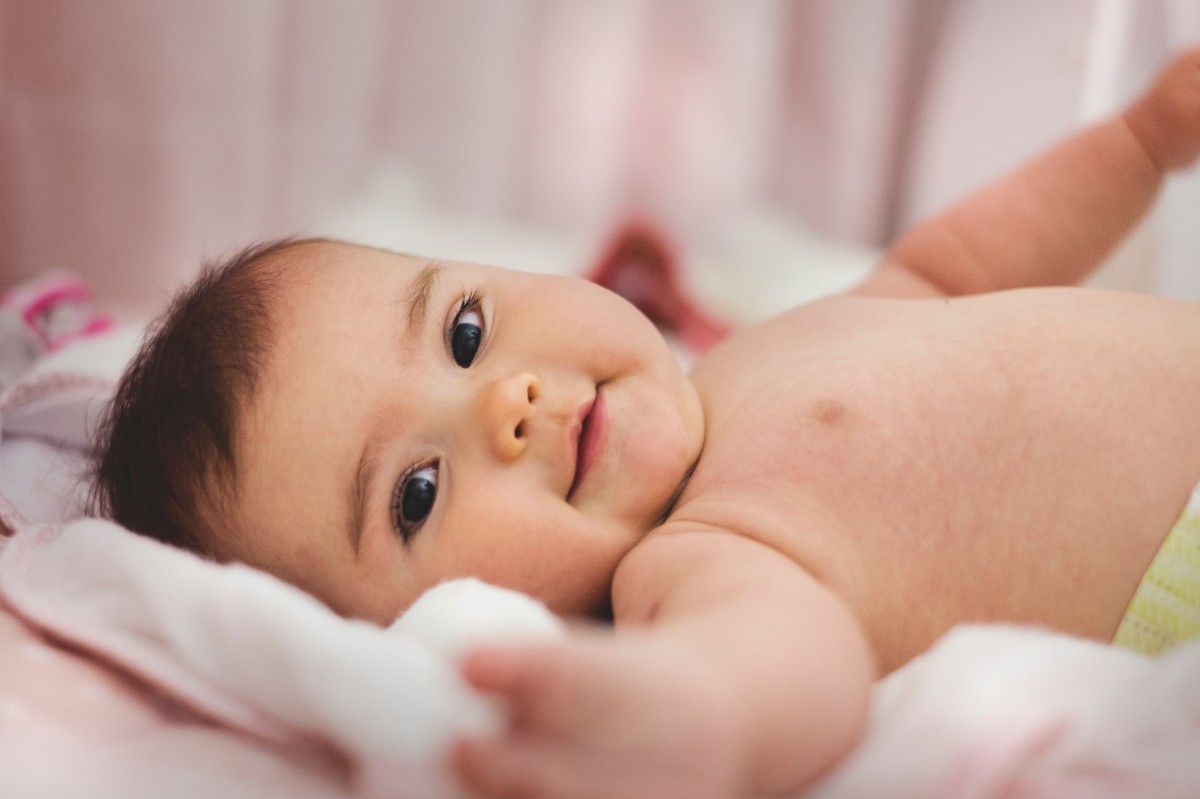Babies naturally do not understand the word “danger.” These tiny players will keep crawling even if they reach the edge of the bed because there is no such thing as a safety hazard to them. Now, seasoned parents are professionals for baby safety, but first-time parents are more prone to panic.
While having a baby is joyous and rewarding, it takes an insane amount of hard work to ensure their safety. Taking care of a newborn is a 24-hour job and excruciatingly exhausting, but when it comes to keeping babies safe, we’ve got you covered in that department.
Let’s make you a pro in baby safety with the following tips:
1. Be vigilant, always
Having a baby is a massive event for first-time parents, but it can take a wrong turn if they are not careful. New parents aren’t aware of issues that might occur during birth, and it is a growing cause of cerebral palsy or spinal cord issues found in kids later on in life. There are times when, during labor, hospital staff aren’t attentive and, due to negligence, make mistakes, causing birth injuries in babies.
For new parents, the news is devastating. Sometimes hospitals get away with these errors to protect their interests. This is why it is a good idea to hire a lawyer who specializes in birth injury malpractice to ensure the hospital and the staff are held accountable for their actions.
2. Prevent baby burns:
Babies are unpredictable, especially when they are trying to learn about their environment. You may be carrying your baby in one hand and a hot mug of coffee in the other. During this time, all your baby can think of is to touch that mug.
Therefore, to keep your baby safe from potential burn injuries, ensure that you never hold your baby or be near them when holding hot liquids like tea or coffee. Moreover, always check the temperature of the water before bathing the baby or offering them a bottle.
Don’t let the baby near you when handling hot utensils in the kitchen, especially when transferring hot contents from one pot to another. Also, avoid using the microwave to heat your baby’s bottle because it creates hot spots in the baby’s formula, burning the baby’s mouth.
3. Keep the baby safe while sleeping:
The first thing that you can do for your baby is to make their sleeping environment safe. It’s one thing to look after your baby when both of you are awake, but it’s a hell of a job to keep them safe at night. You’ll have to work your ninja senses, especially if you are a new parent.
Start by putting the baby to sleep on their back to reduce the risk of sudden infant death syndrome, affecting almost 3,600 infants in the United States. Ensure the crib’s sides are high enough and that the slats are nearly 2 3/8 inches apart to avoid getting the baby’s head trapped.
Keep your baby’s head and face uncovered and avoid hanging decorative items such as stuffed toys above the crib. Don’t make the baby’s bedding too plush to avoid suffocating them, and keep the room temperature moderate.
4. Keeping your baby safe in the car:
Almost all new parents feel anxious when taking the baby out or driving them in the car. Since they can’t fully pay attention to the baby while driving, it’s best to take necessary precautions beforehand. First off, we have car seats and strollers, which should be of good quality and comply with state regulations.
Buy a car seat suitable to your baby’s size and age and offer the correct restrains. Remember, the safest location for a baby less than two is in the middle of the back seat and facing the vehicle’s rear.
Also, never make the mistake of putting your newborn in the front passenger seat, especially if it comes with an airbag. It will endanger your child’s life if you don’t disengage the airbag while putting them on the front seat.
5. Make the bath safe for babies:
If there’s anything you can remember about baby safety, it’s to NEVER leave your baby unattended in the bath. Nope, not for even a single second. It only takes a moment to turn your head away for something, and your child pays the price for it.
First-time parents should be extra cautious when bathing their babies especially a newborn. Bathing your baby two to three times a week is fine, and be sure to use a soft washcloth, clean towels, natural body soap, and shampoo, and always check the temperature of the water.
The water in the tub should not be more than two to three inches deep and keep all appliances away from the bathing area.
Conclusion:
First-time parents are always most concerned about the safety of their babies. Therefore, you should take all necessary precautions to keep your baby safe, whether in the house, the car, outside, the kitchen, or the bathroom.
Ensure that the house is baby-proof before letting your little angel out of the crib to discover the world. Be extra careful when giving a bath or when the baby is near the kitchen. Once you get the hang of things with the help of the above tips, you’d be a pro at parenting in no time!

